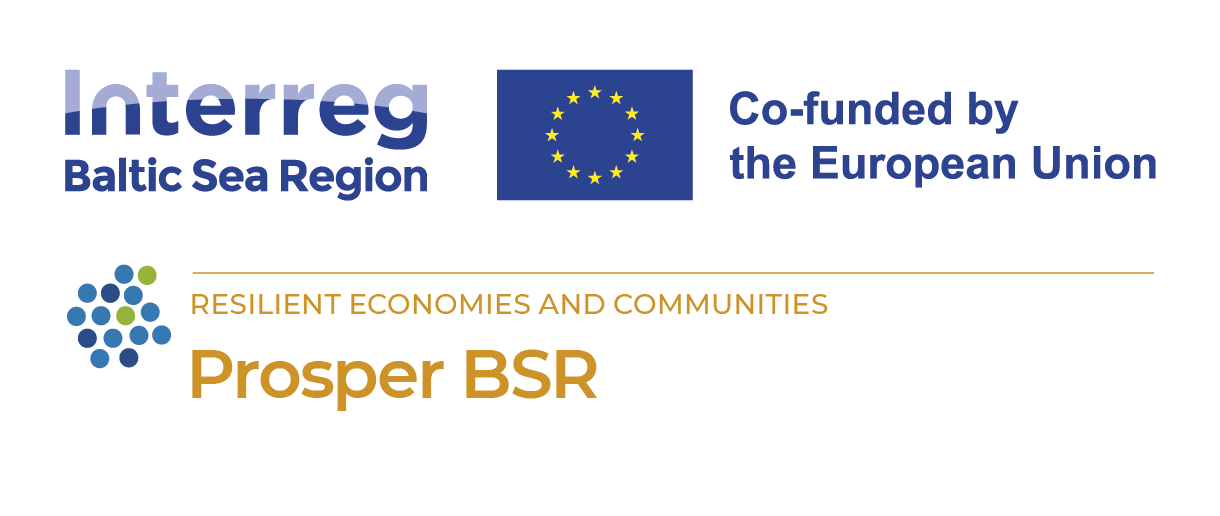Ieva Jagminienė, the director of the private kindergarten chain Abadelė in Vilnius, tells that she employed as many as nine foreigners in her kindergarten last year. Few of them have already returned back to their homeland, and other Ukrainians were hired to replace them. All of them were refugees who have arrived in Lithuania since the beginning of the war in Ukraine. Jagminienė emphasizes that employing Ukrainians helped both the newcomers and the company.
According to the United Nations, since the beginning of the war in Ukraine, around nine million Ukrainians have fled to neighboring countries, where they have received temporary shelter and material assistance. Over 79,000 Ukrainians have arrived in Lithuania. Most of the refugees are women, who started looking for work immediately after accommodating their children in schools and kindergartens. It is not easy to arrive in a foreign country with no connections and often without a foreign language, but socially responsible entrepreneurs in Lithuania have extended a helping hand to the refugees.

Critical Staff Shortages
Like many companies, Abadelė also faced a staff shortage, so the arrival of Ukrainians has at least temporarily helped to solve this problem. It is true that many Ukrainians are planning to return to their homeland as soon as the war is over. Jagminienė says that such longing is easy to understand. “Therefore, we can say that we have only found a temporary solution to the staff shortage. So far, we are very satisfied. The Ukrainians have joined the team quite fast and have adapted to the working and living conditions. They are doing quality work.”
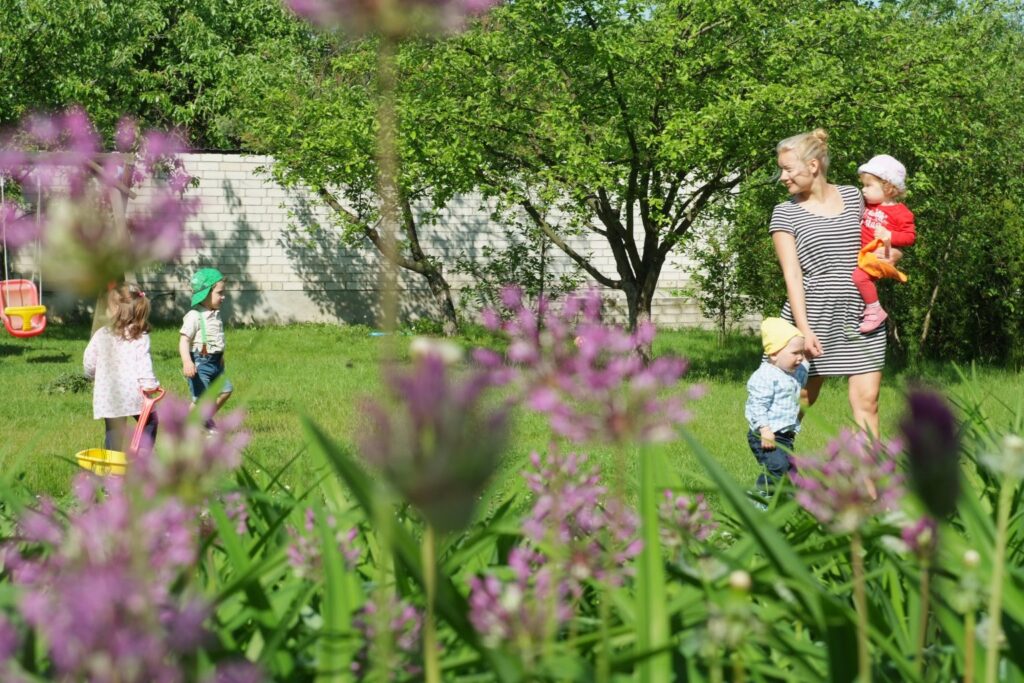
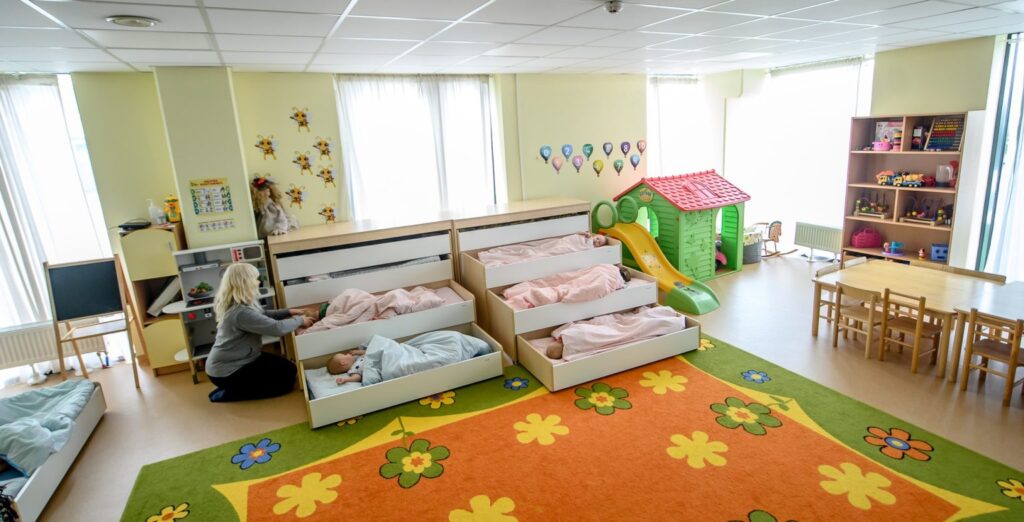
Overcoming the Language Barrier
Most Ukrainians who come to Lithuania speak only their mother tongue or Russian. According to the Lithuanian Statistics Department, Lithuanians born after 1986 have almost no knowledge of Russian (having mastered English, French, German or other languages). However, it is not a problem. Abadelė kindergartens are dedicated to competent care and quality early childhood education for the youngest children (8 months+). Since the foundation of the company, it has paid special attention to working with the youngest children, many of whom cannot yet speak. Ukrainian women working as teacher’s aides are more involved in physical tasks: washing and changing nappies, feeding or helping children to eat on their own, changing clothes, taking them outside. Jagminienė notes that some of the children in the kindergartens come from mixed families, so they understand Russian or English. “All our staff, including the Ukrainians, speak at least one of these languages,” the director observes. “Moreover, within six months, many of the workers who came from Ukraine have learned to speak Lithuanian.” Jagminienė appreciates their sincere effort to communicate.
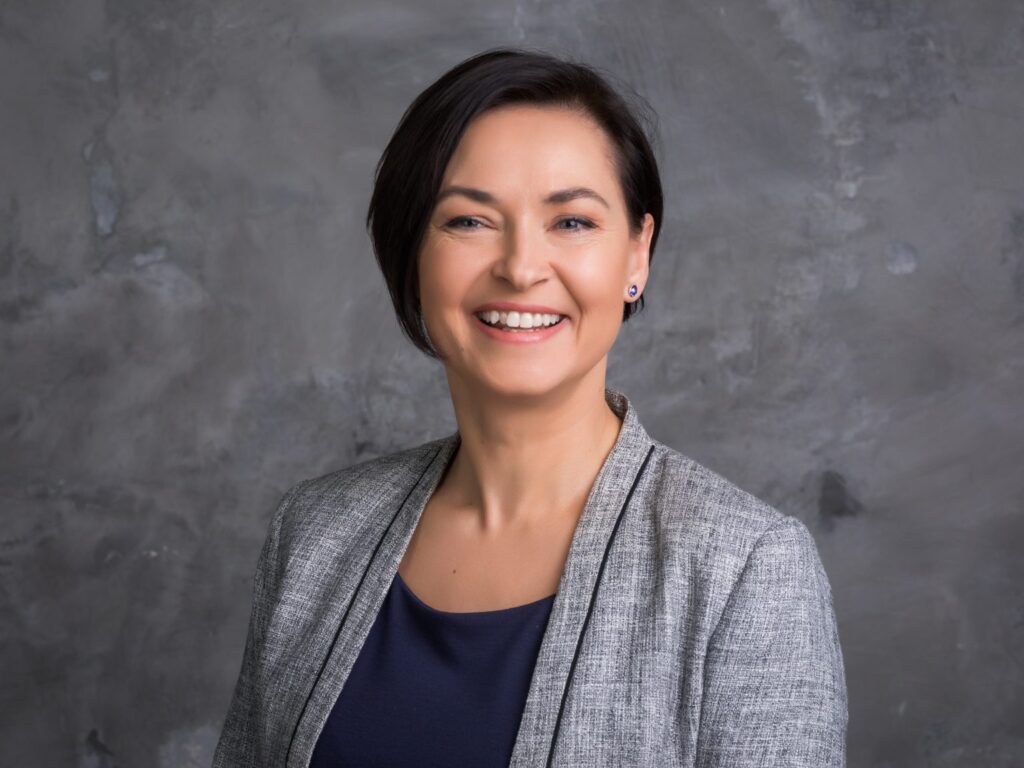
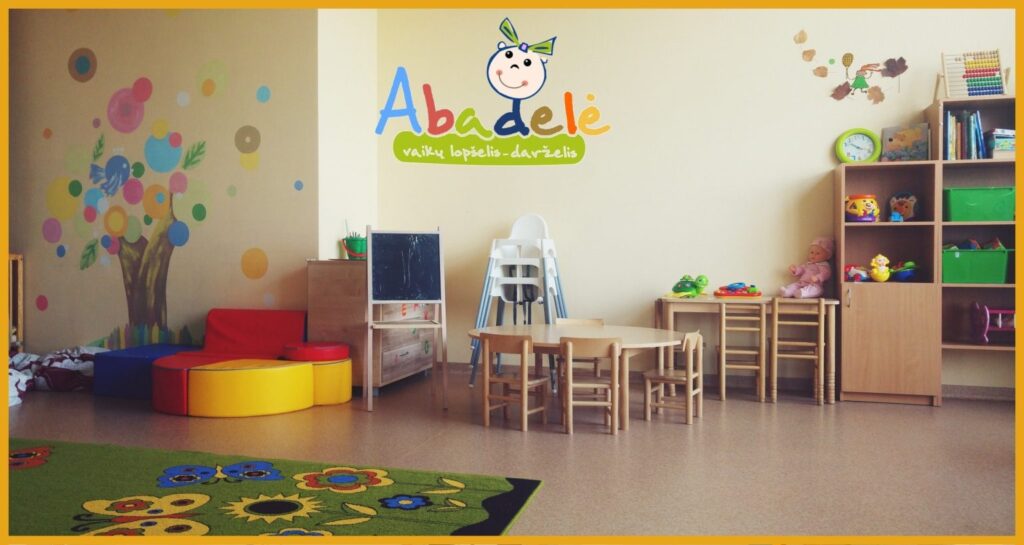
A Reminder of Values
When asked about the benefits of employing foreigners, Abadelė director emphasizes the broadening of horizons and values. “Working together with foreigners teaches us to adapt, to get out of our comfort zone, to put more effort into communicating and getting to know another culture; it also encourages remembering basic values,” she says.
The teachers who work with the Ukrainians have noted that interacting with them helps them to re-evaluate the things that they take for granted, such as freedom, peace, and the native land. Jagminienė remarks that Lithuanians are often inclined to grumble and complain. “But the experience of the Ukrainians has united us and encouraged our patriotism,” she says. “We begin to think about how we would pull together as a team and fight for our freedom if a similar situation happened in Lithuania.” The director of Abadelė is pleased to see that the Ukrainians are in a much better emotional and psychological state than when they first arrived. She says that working with toddlers is very responsible and physically tiring, but at the same time, it helps to take their minds off everyday events back home. When working, women feel better and freer.
